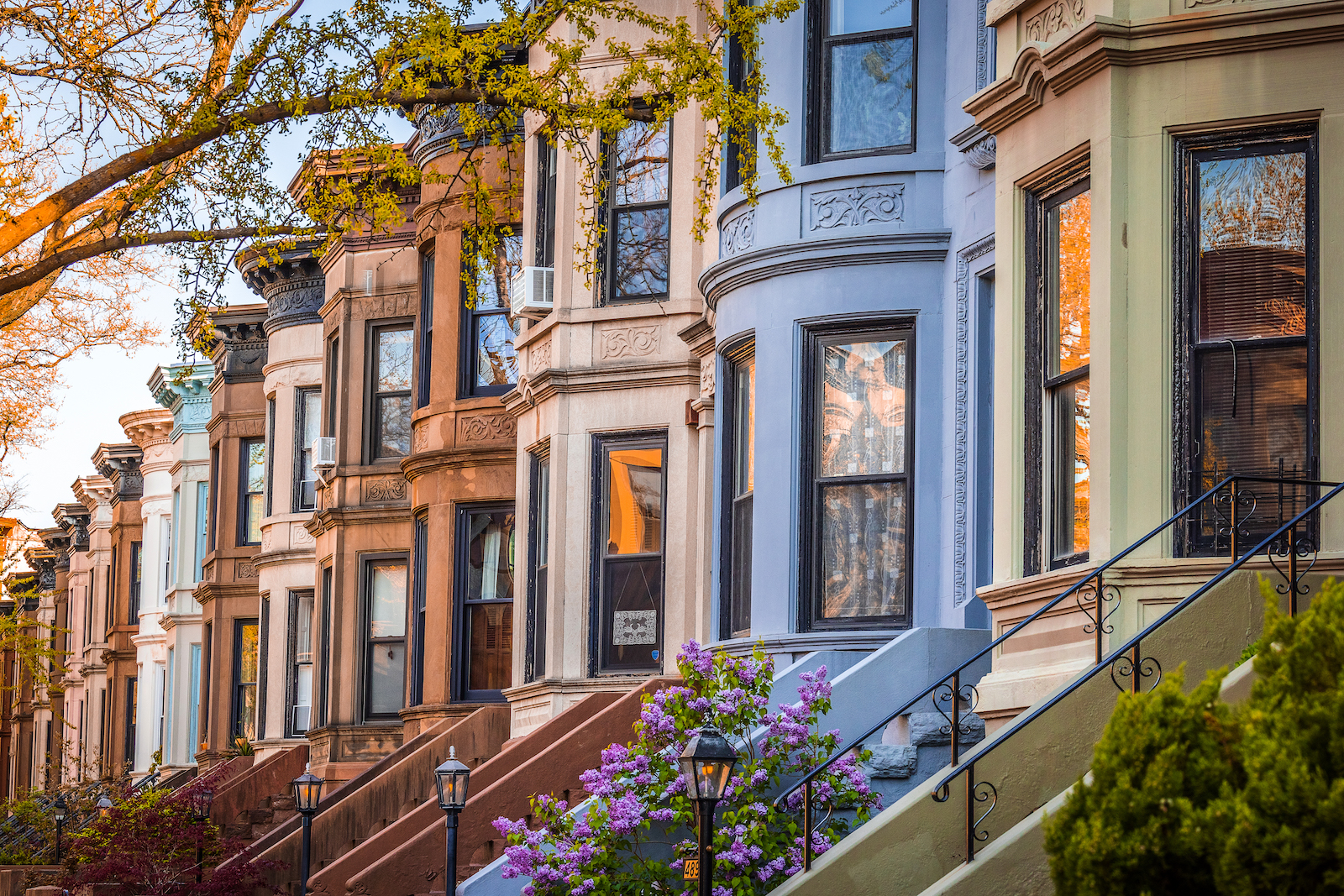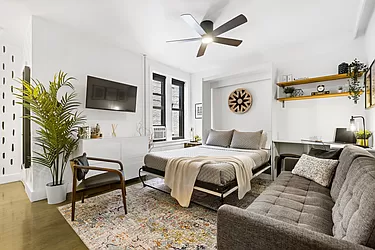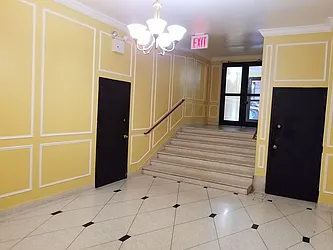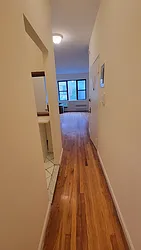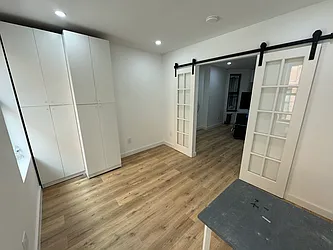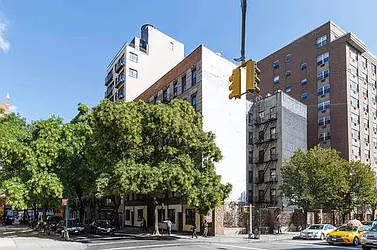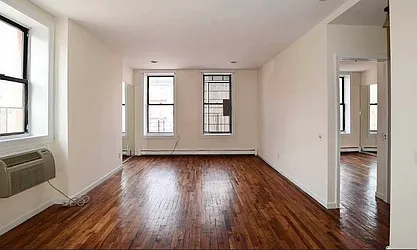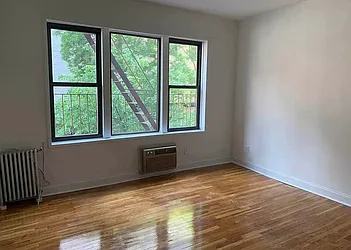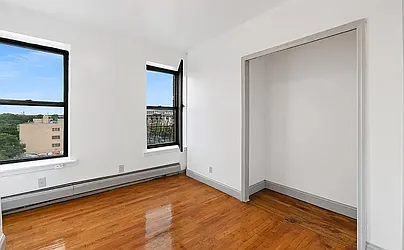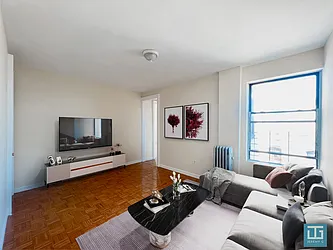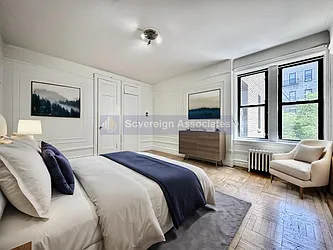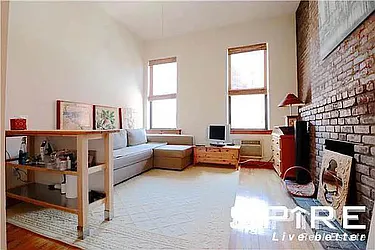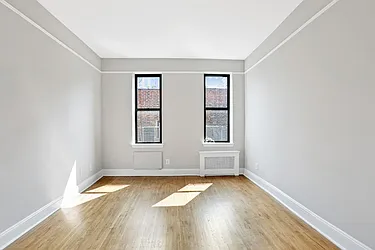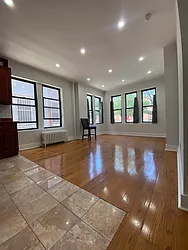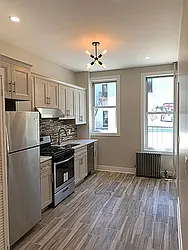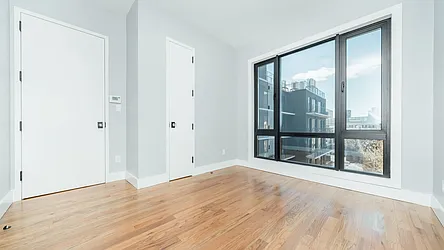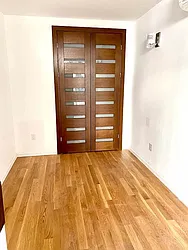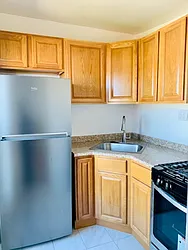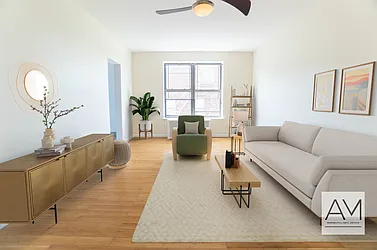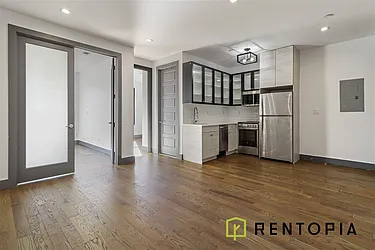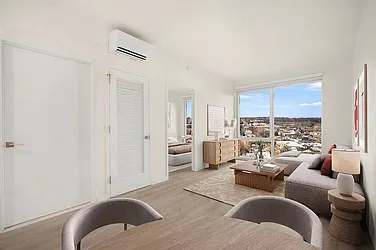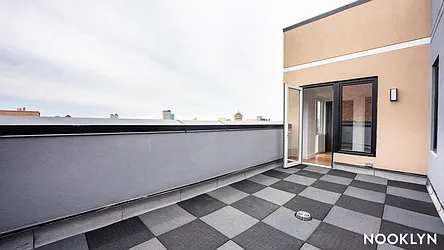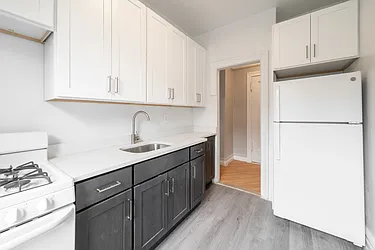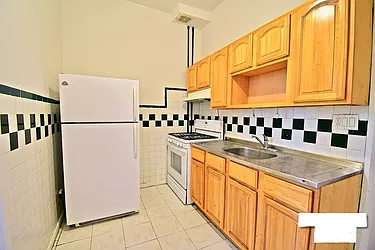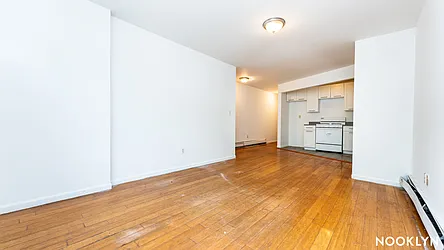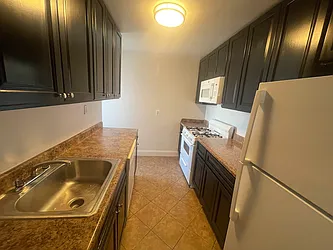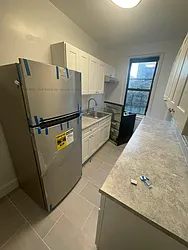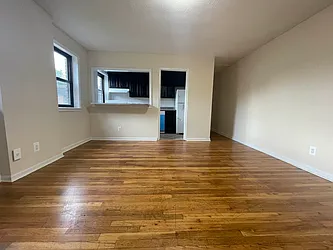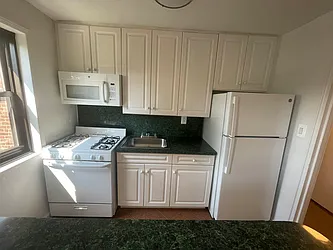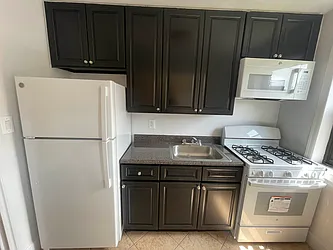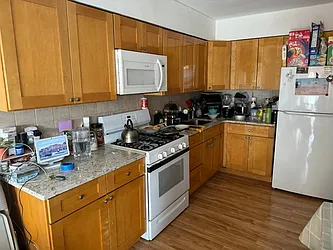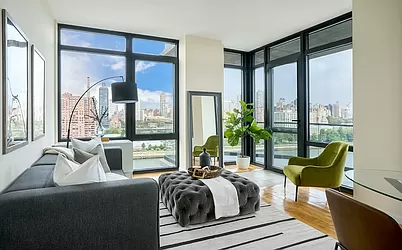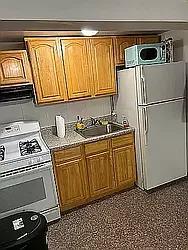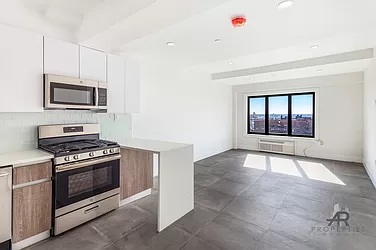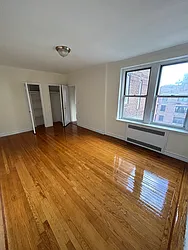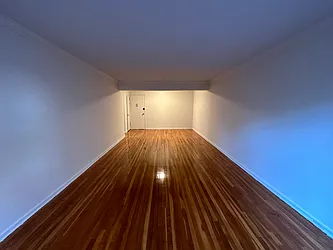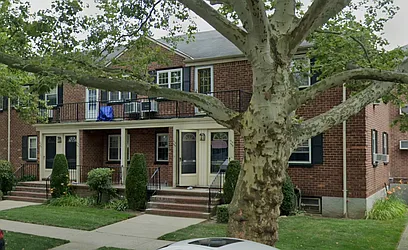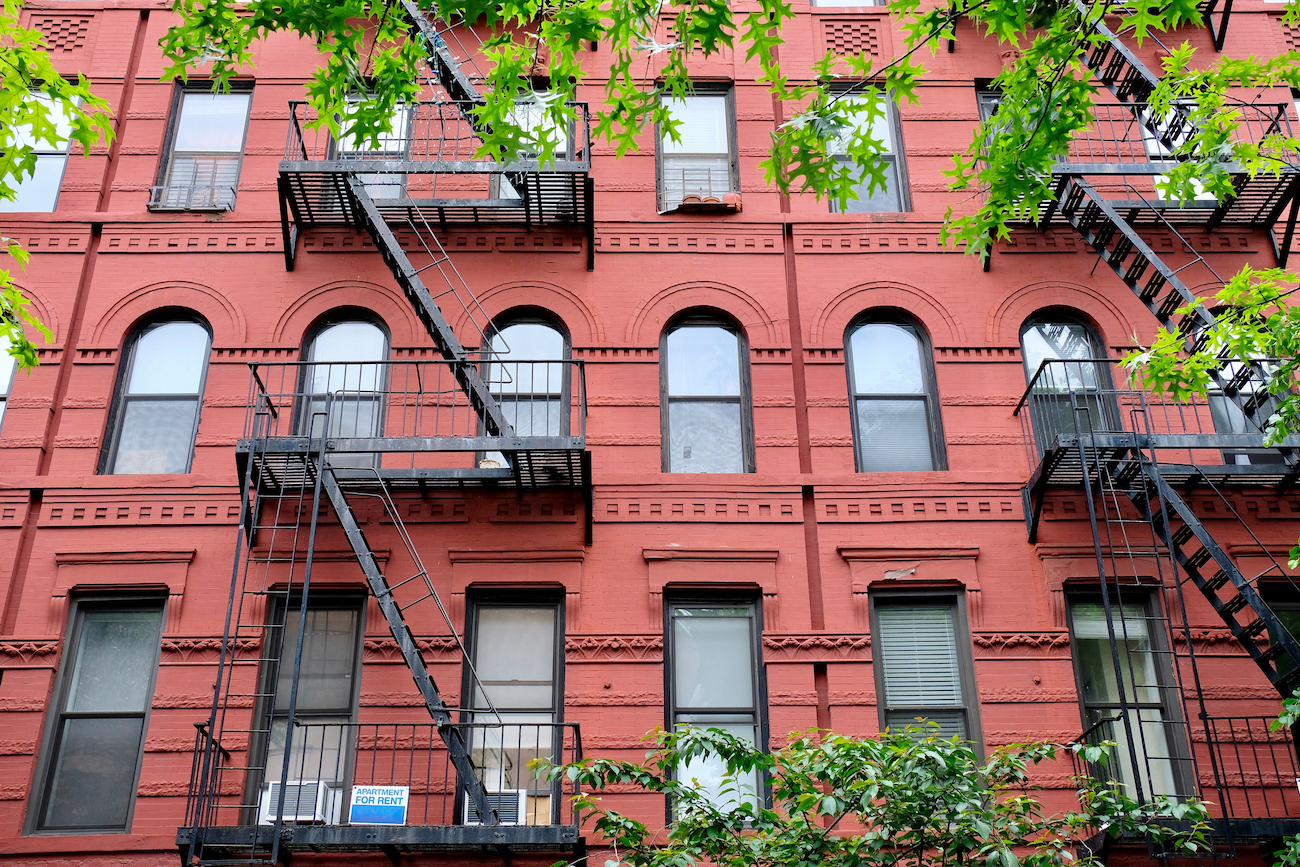In NYC, there are many different home types. So, as you can imagine, there are a variety of landlord types too. But if you’re a townhouse owner wondering how to rent out an apartment in your two or three-family home to bring in some income, it can be confusing. Becoming a first-time landlord comes with rules, regulations, and protections — not to mention an understanding of the economics to make it work. Here’s what you need to know.
Manhattan Rentals Under $3,000 on StreetEasy Article continues below
Get Up to Speed on NYC’s Multiple Dwelling Laws
These are many factors to consider when deciding to rent out an apartment in your townhouse. The Department of Housing Preservation and Development (HPD) does provide The ABCs of Housing, a guide to housing rules and regulations for both owners and tenants. But, even with that resource, it can still be overwhelming. So, hiring a lawyer or expert is a wise investment to ensure everything meets regulations, especially if your townhome has three or more units. In that case, the city’s multiple dwelling laws apply. You’ll need to know things such as:
- Zoning: Is your building in a district that allows multiple family use?
- Fire Codes: Do you need fire sprinklers in the units?
- Accessibility: Do you need an elevator or ramp?
Brooklyn Rentals Under $3,000 on StreetEasy Article continues below
What Are the Fees Small NYC Landlords Can Charge?
New tenant laws recently went into effect in NYC that apply to all renters. It includes the fees landlords can charge pre-lease. All New York City landlords, big or small, can only charge a maximum of $20 in fees — to cover the costs of an application fee or credit check. Plus, a landlord can only charge up to a month of rent for a security deposit. Keep in mind, that landlords can still include charges in a lease such as a pet fee, gym fee, or parking fee.
Queens Rentals Under $3,000 on StreetEasy Article continues below
What Costs Are the Responsibility of the Landlord?
Both parties involved in a rental have protections under the law. For tenants, that essentially means having a safe and clean place to live. It’s the responsibility of the landlord to ensure everything from smoke detectors to heat, hot and cold water are in working order. And if something breaks, the owner needs to fix it. Proper maintenance includes:
- Preventing and exterminating vermin.
- Fixing leaks.
- Avoiding or correcting hazardous conditions.
How To Rent Out An Apartment: Pricing Your Unit
So, you’ve figured out the rules of how to rent out an apartment in your townhouse. Now, how do you know what to charge for rent?
“In the current market conditions, landlords can price aggressively,” Bill Kowalczuk, a broker for Warburg Realty, told StreetEasy. “But, that’s according to the location of their property.” Yes, like most rental properties, small first-time landlords have to keep market rates in mind. A unit can’t be priced too high, as there could be a risk of not finding a tenant, but you also don’t want to price so low that you’re not at least covering costs.
To determine what the market rate is, look up comparable nearby listings or visit open houses to get a sense of what’s offered in the neighborhood. You can also refer to the StreetEasy Data Dashboard to find median asking rents for a neighborhood and borough. Then remember, The Housing Stability and Tenant Protection act of 2019 now require landlords of all sizes to give ample notice of a rent increase of more than 5% or non-renewal.
How To Rent Out An Apartment: Finding Tenants
Ok, you’ve got the rules and pricing down for how to rent out an apartment as a first-time landlord. But, how do you get tenants into the unit?
“Landlords can find tenants by either advertising online or hiring a broker,” said Kowalczuk. “There are a handful of popular websites that a majority of renters use to find apartments. They include StreetEasy.” StreetEasy offers For Rent By Owner Tools for when you’re ready to list. Or, you can find a real estate broker that specializes in your area to handle the listing. Brokers can even check applicants’ credit to make sure you’re getting a reliable tenant.
What about broker fees?
A broker fee often ranges from 10% to 15% of the annual rent and may be paid by a tenant or a landlord.
How To Rent Out An Apartment: What To Know About Leases
Once you secure the tenant, it’s important to have a lease in place for protection and clarification.
“A lease is important because all of the rules and agreements that tenants and landlords must adhere to are listed clearly,” said Kowalczuk. “Each party needs to know their rights and responsibilities. In addition, a landlord/tenant attorney can review and add anything that might not be covered under the initial lease draft.”
When learning how to rent out an apartment as a first-time landlord, other tidbits to keep in mind are making sure the homeowner’s insurance covers your rental situation. While tenants aren’t required to have rental insurance, you can ask them to obtain additional coverage as part of the lease agreement. It is an excellent idea to have a lawyer review the lease to make sure it includes everything that you are required to provide as a landlord, as well as any additional legal stipulations you want to add.
